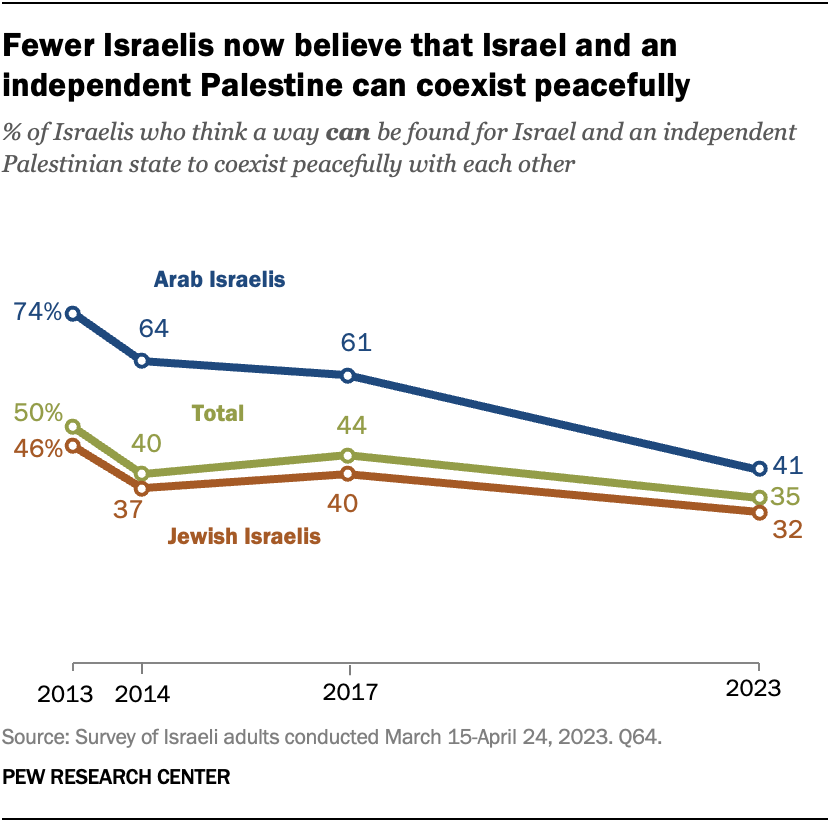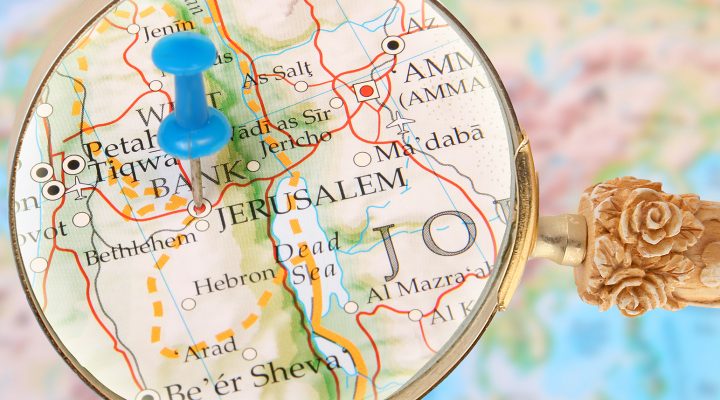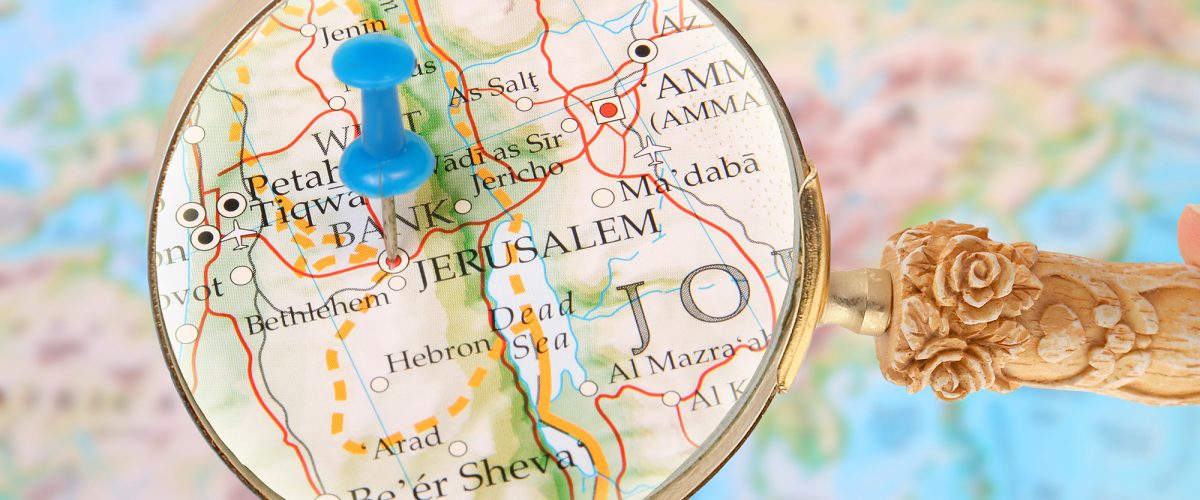Even before last weekend’s Hamas attack on the state of Israel, a growing share of Israelis believed the prospects for a two-state solution were fading.
A “two-state solution” was a promise of post-World War II ideology that would have created independent homelands for both Israel and Palestine. Since creation of the modern state of Israel in 1948, the most conservative Israeli leaders have opposed an independent Palestinian state, which they see as a security threat.
This conflict about what worldwide Christians and Muslims consider the Holy Land lies at the heart of the war now raging between Israel and Hamas, a militant Palestinian group.
A February article in the Los Angeles Times began: “The intractable conflict between Israelis and Palestinians over land, rights and safety has entered a new phase, one plumbing new depths of hatred and radical intransigence that the U.S. government no longer seems in a position to resolve or even mitigate. Now, an increasing number of experts are sounding the death knell for the two-state solution.”
Pew Research Center sought to find out what Israeli citizens thought in a poll taken in March and April — six months before the current outbreak of hostilities.
Pew found only 35% of Israelis think “a way can be found for Israel and an independent Palestinian state to coexist peacefully.” That’s down 9 percentage points compared to 2017 and 15 points compared to 2013.

The survey noted differences in the views of Arab Israelis and Jewish Israelis, as some Arabs live within the state of Israel. While both Arab and Jewish respondents were less likely to believe peaceful coexistence is possible today, that hope has been dashed more significantly among Arab Israelis, Pew researchers explained.
“Arab Israelis are now 33 points less likely than they were in 2013 to see the possibility of a peaceful coexistence between Israel and an independent Palestinian state. Jewish Israelis are 14 points less likely to see this possibility than in 2013.”
That was, of course, before the current situation, which has been described as the most inflammatory conflict since the early days of Israel’s existence and its quest to expand its territory rapidly.
When Pew conducted its survey last spring, it found secular Jews were more optimistic about the hope of a two-state solution than were the religiously devout, whether traditional or ultra-Orthodox.
Politically, those on the left and center have not changed their views much since 2017, the Pew report said, but those on the political right were now “considerably less likely than they were in 2017 to see the possibility of a peaceful coexistence between Israel and a Palestinian state” — 14% today vs. 27% in 2017.
The survey did not include people living in the West Bank, Gaza and East Jerusalem — Palestinian territories blockaded by Israel with checkpoints and blockades of goods and services.
Now, in light of current events, pundits and politicians are once again discussing the death of the two-state solution as a viable reality.


